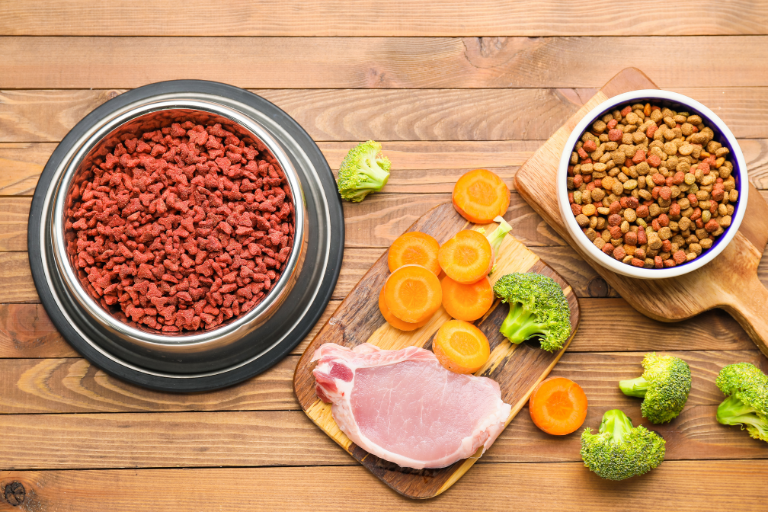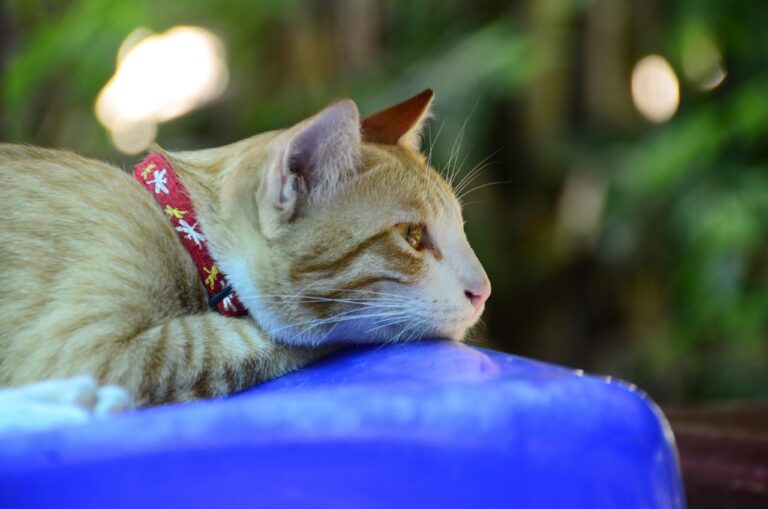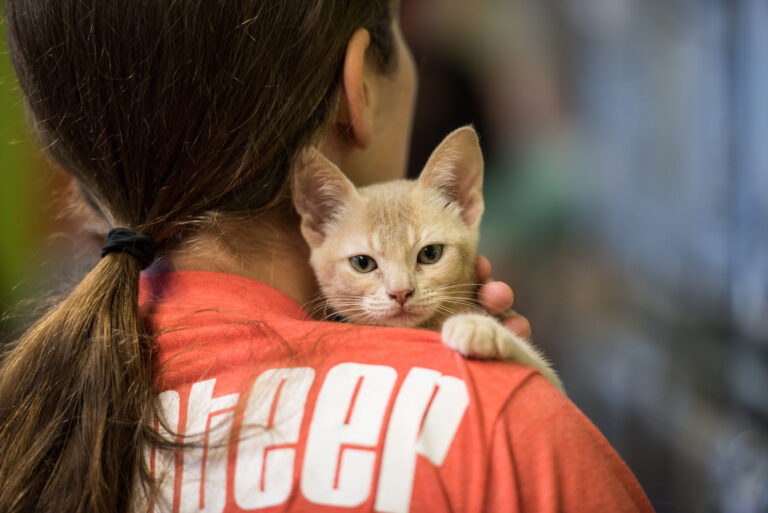Food intolerances or sensitivities can affect cats, causing digestive issues and discomfort. Pet food manufacturers play a crucial role in addressing the potential risks associated with these conditions by offering specialized cat food options. In this article, we will explore how pet food manufacturers can address the risks related to common food intolerances or sensitivities in cats. We will discuss “cat food for sensitive stomach” and “cat food sensitive stomach.”
Table of Contents
Limited Ingredient Diets:
Pet food manufacturers can develop limited ingredient diets to address common food intolerances or sensitivities in cats. These diets typically contain a reduced number of carefully selected ingredients, minimizing the likelihood of triggering adverse reactions. By focusing on specific protein and carbohydrate sources that are less likely to cause sensitivities, such as novel proteins (e.g., duck or venison) and easily digestible carbohydrates (e.g., sweet potatoes or peas), manufacturers can provide options that are gentle on sensitive stomachs.
Novel Protein Sources:
Using novel protein sources in cat food formulations can help address food intolerances or sensitivities. Common protein sources like chicken or beef can trigger allergies or sensitivities in some cats. Pet food manufacturers can incorporate novel protein sources, such as fish, duck, or venison, which are less commonly associated with adverse reactions. This allows cats with sensitive stomachs to enjoy a balanced diet without the risk of triggering digestive issues.
Grain-Free Formulations:
Grain-free formulations can be beneficial for cats with food intolerances or sensitivities. Some cats may have sensitivities to grains like wheat, corn, or soy. Pet food manufacturers can offer grain-free options that utilize alternative carbohydrate sources, such as potatoes, peas, or lentils. These formulations provide cats with sensitive stomachs a diet that is free from potentially troublesome grains.
Digestive Supplements:
Pet food manufacturers can incorporate digestive supplements into cat food formulations to support cats with sensitive stomachs. Digestive enzymes, probiotics, and prebiotics can aid in the digestion and absorption of nutrients, promoting optimal digestive health. These supplements help maintain a healthy gut microbiome and support the overall well-being of cats with food intolerances or sensitivities.
Controlled Manufacturing Processes:
Implementing controlled manufacturing processes is crucial in addressing the risks associated with food intolerances or sensitivities. Pet food manufacturers should follow strict quality control measures to ensure that cat food is free from cross-contamination with allergenic ingredients. This includes thorough cleaning of equipment, segregation of ingredients, and stringent testing protocols to verify the absence of allergens. By ensuring the purity of the manufacturing environment, manufacturers can provide cat owners with peace of mind when selecting food for their cats with sensitive stomachs.
Allergen Labeling and Transparency:
Clear and accurate labeling is essential for cat owners to identify appropriate food options for cats with food intolerances or sensitivities. Pet food manufacturers should provide detailed allergen information on their product labels. This includes listing potential allergens, such as common proteins, grains, or other ingredients that may trigger adverse reactions. Transparent communication regarding the manufacturing processes and the steps taken to prevent cross-contamination helps cat owners make informed decisions when selecting cat food for sensitive stomachs.
Collaboration with Veterinary Nutritionists:
Collaborating with veterinary nutritionists can provide valuable insights for pet food manufacturers addressing food intolerances or sensitivities in cats. These experts can provide guidance on ingredient selection, formulation strategies, and quality control measures specific to cats with sensitive stomachs. By leveraging the expertise of veterinary nutritionists, manufacturers can ensure the development of high-quality cat food options that effectively address common food intolerances or sensitivities.
In Conclusion

Pet food manufacturers play a vital role in addressing the potential risks associated with food intolerances or sensitivities in cats. By offering limited ingredient diets, novel protein sources, grain-free formulations, digestive supplements, controlled manufacturing processes, allergen labeling, and collaborating with veterinary nutritionists, manufacturers can provide cat owners with specialized cat food options for sensitive stomachs. These measures contribute to the well-being of cats, allowing them to enjoy a balanced and nutritious diet without the discomfort and digestive issues associated with food intolerances or sensitivities.








